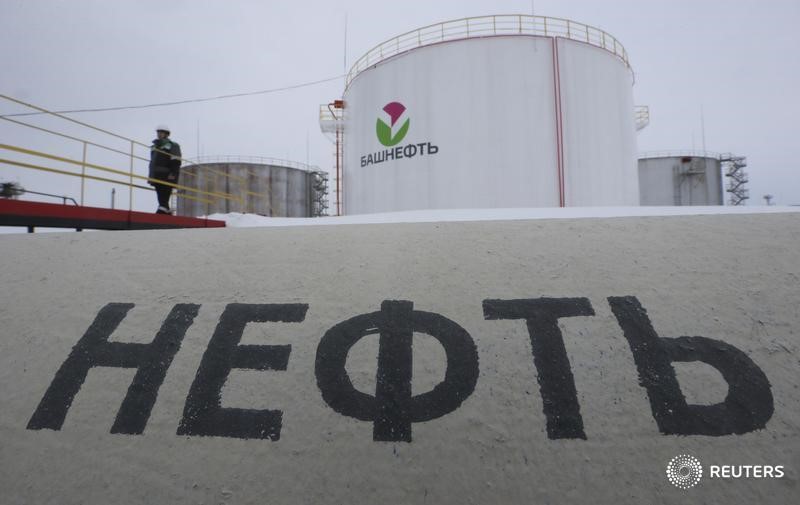By Barani Krishnan
Investing.com -- Any selloff in oil is only proving to be a buy-back opportunity amid one of the greatest energy markets volatility ever.
Crude prices jumped almost 3% on the day and nearly 9% on the week as the market was hijacked once again by a supply scare on news that the European Union might phase in a ban on Russian oil imports.
Gains in oil were limited earlier in the day as Chinese refiners appeared set to cut crude throughput this month by about 6%. The reduction would be a scale last seen in the early days of the COVID-19 pandemic two years ago, industry sources and analysts said.
But news of the proposed EU ban on Russian oil prompted buyers to swoop in on more lots of crude futures and convinced some shorts to cover their positions as well ahead of the Good Friday holiday, which meant a longer weekend for U.S. markets.
“Heading into the long weekend, oil was vulnerable to some profit-taking, but a major pullback is still unwarranted given the supply situation and as economic slowdown concerns are still far from happening,” said Ed Moya, analyst at online trading platform OANDA.
Global crude benchmark Brent settled up $2.92, or 2.7%, on the day at $111.70 per barrel. For the week, Brent rose 8.7%, after two back-to-back weekly losses that left it down by 13%.
New York-traded U.S. crude benchmark West Texas Intermediate, or WTI, finished Thursday’s trade up $2.70, or 2.6%, at $106.95. For the week, WTI rose 8.8%, after the 13% tumble over two previous weeks.
The New York Times reported that the European Union was moving toward adopting a phased-in ban of Russian oil, to give Germany and other countries time to arrange alternative suppliers.
A phased-in ban would force European buyers "to seek alternative sources, some of which in the near term is being met by Strategic Petroleum Reserve releases, but in the future, more supplies coming out of the ground will be required," Andrew Lipow of Lipow Oil Associates in Houston said.
Russia's Energy Ministry said it was limiting access to its statistics on oil and gas production and exports.
On Wednesday, the International Energy Agency warned that from May onwards roughly 3 million barrels per day of Russian oil could be shut in due to sanctions or buyers voluntarily shunning Russian cargoes.
Major global trading houses also plan to curtail crude and fuel purchases from Russia's state-controlled oil companies in May, Reuters reported on Wednesday.
